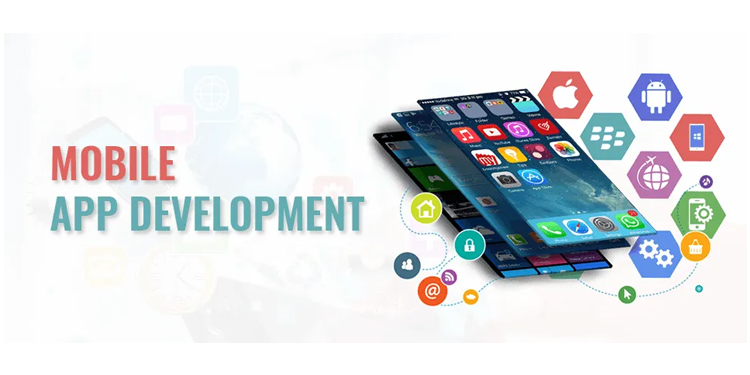Mobile application development refers to the process of creating software applications specifically designed to run on mobile devices, such as smartphones and tablets. It involves designing, building, testing, and deploying applications for mobile platforms like iOS (Apple) or Android (Google).
Mobile app development encompasses a wide range of activities, including:
- Ideation and Planning: This stage involves conceptualizing the app idea, identifying its purpose and target audience, and conducting market research to understand user needs and preferences. The planning phase includes defining the app’s features, functionalities, and overall scope.
- UI/UX Design: User interface (UI) and user experience (UX) design focus on creating visually appealing and intuitive interfaces that offer a seamless and engaging user experience. Designers create wireframes, prototypes, and visual designs to ensure the app’s usability and aesthetics.
- Development: This stage involves writing the code that brings the app’s features and functionalities to life. Developers use programming languages such as Swift or Objective-C for iOS apps and Java or Kotlin for Android apps. They implement the UI design, integrate APIs (Application Programming Interfaces), and handle data storage and retrieval.
- Testing and Quality Assurance: Quality assurance (QA) is crucial to ensure that the app functions correctly, is stable, and provides a good user experience. Testing involves various activities, including functional testing, performance testing, compatibility testing, and user acceptance testing. Bugs and issues are identified and fixed during this phase.
- Deployment and Distribution: Once the app is thoroughly tested, it can be deployed to the respective app stores (e.g., Apple App Store, Google Play Store). App store guidelines and submission processes need to be followed to ensure successful distribution to users.
- Maintenance and Updates: After the app is launched, maintenance and updates are essential to address bugs, add new features, improve performance, and ensure compatibility with evolving technologies and operating systems. Regular updates and monitoring help keep the app relevant and user-friendly.
Key Considerations in Mobile App Development:
- Platform Selection: Choosing the right platform(s) (iOS, Android, or both) based on target audience, market share, and budget is crucial. Each platform has its unique design guidelines, development frameworks, and programming languages.
- User Experience: Focusing on creating an intuitive and user-friendly interface is paramount. Understanding user expectations and preferences, optimizing performance, and ensuring smooth navigation contribute to an exceptional user experience.
- Security and Privacy: Mobile apps deal with sensitive user data. Implementing robust security measures, including data encryption, secure authentication, and adherence to privacy regulations, is essential to protect user information.
- Performance Optimization: Optimizing the app’s performance, including fast loading times, smooth animations, and efficient memory usage, contributes to a positive user experience.
- Regular Updates and Support: Providing ongoing support, addressing user feedback, and releasing updates to fix bugs and introduce new features are vital for maintaining user engagement and satisfaction.
Mobile application development requires a combination of technical expertise, creative design, and a deep understanding of user needs. By following a systematic development process and considering key factors, developers can create successful mobile apps that meet user expectations and business objectives.
